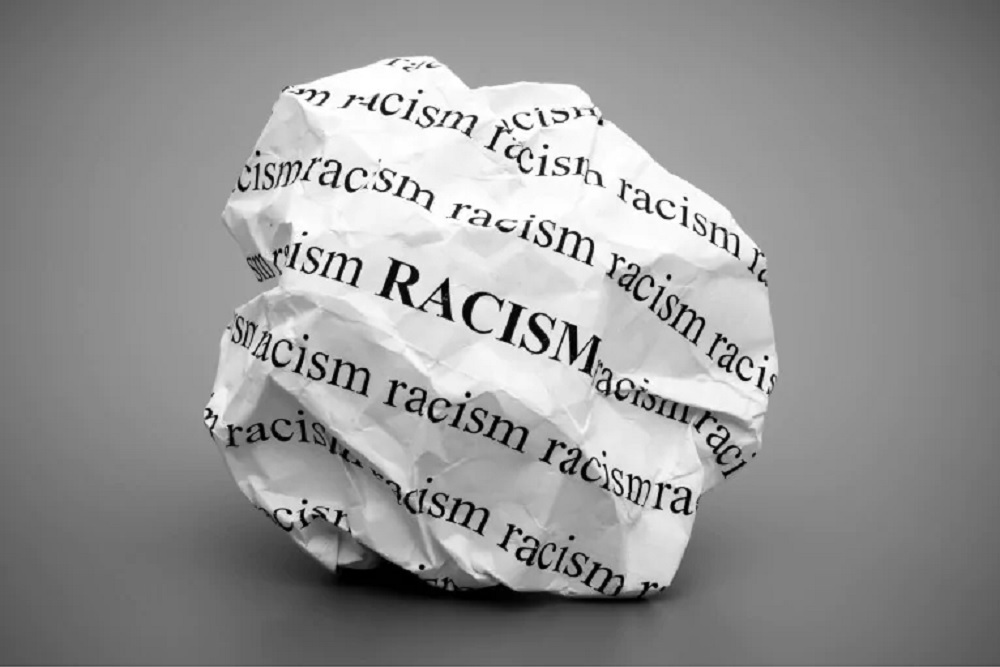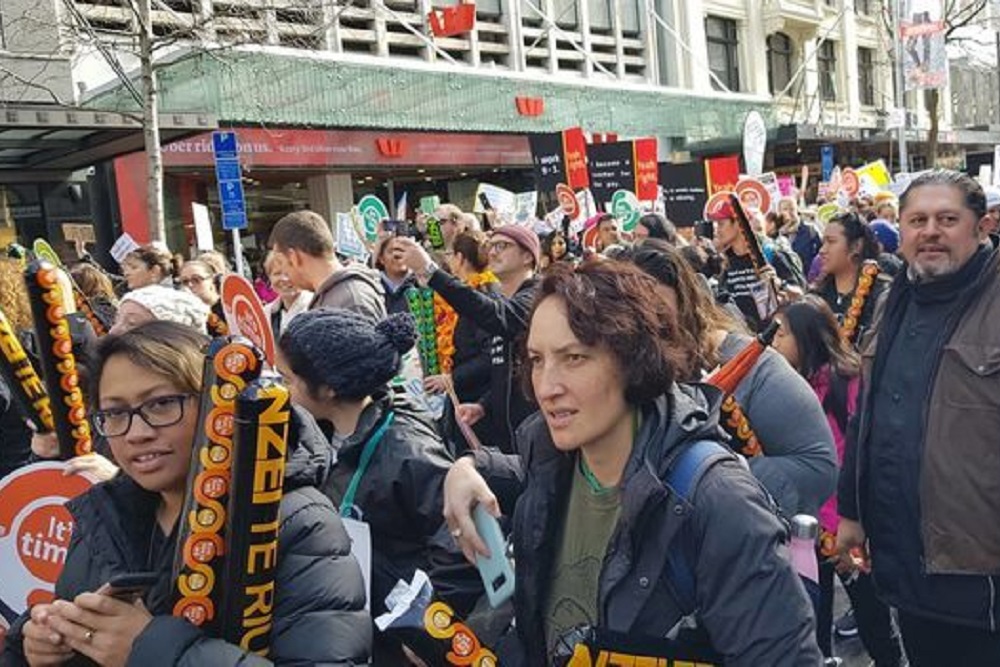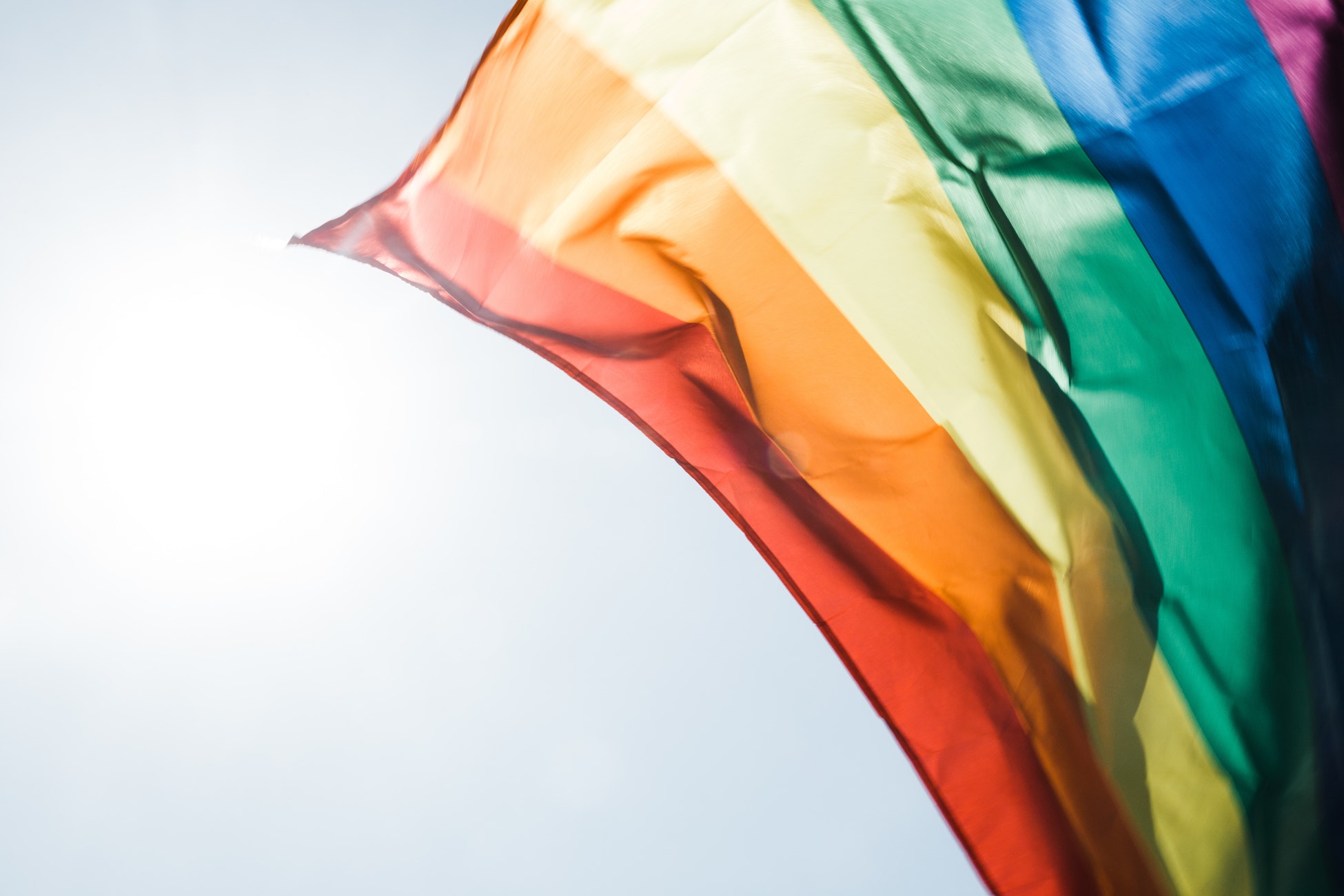A thesis by Elina Kamanga has revealed that black students at Stellenbosch University (SU), are suffering from various “hidden racism” from authorities and white students in the institution.
The term “hidden racism,” according to Kamanga, refers to the racism that white people commit and are sometimes unaware of because of how they are socialized.
The research titled “Lived Experiences of Hidden Racism of Students of Colour at a Historically White University,” noted the institution and people there are riddled with hidden racism.
Featured in the Stellenbosch University student research are stories of how black, colored, and Indian students are segregated because of their race.
It further included stories about how they sometimes do not participate in group discussions because white students speak Afrikaans, how black male students are suspected of being criminals, and how they are sometimes entirely erased from spaces because of their color.
The research work comprises of interviews with 12 undergraduate and postgraduate students about their experiences with hidden racism while studying at the university.
Students in the research spoke on how white students avoided sitting in the same row as black students in lecture halls.
If a black student sat in the same row as white students, they would move, meaning the black students often found themselves sitting alone in a row.
While other students shared their experience of how they would be interacting with white friends, and another white student would join them but would only speak to the white students and not engage them.
Some black male students also noted how they notice some white women clutching their bags when they approached them because they assumed they were criminals.
They also stated white students mostly associate their dress code with gangsterism and are usually shun academically.
Hidden racism affects academic performance
In the Kamanga research, students said the hidden racism also affected their academic performance. They noted they could not fully participate in class because some white students would ask questions in Afrikaans, and a discussion would be held in Afrikaans.
This is despite the 2016 language policy at the university that made English the primary language of instruction. The policy declared that either separate English or Afrikaans classes have to be offered, or that “all information will be conveyed in, at least, English.”
That policy was challenged but was declared constitutional by the Constitutional Court last October.
Various students told Kamanga that the hidden racism made them reluctant to make friends with white people.
While some said, they have had to seek counseling because the practices at the university were hard on them emotionally and on their mental health.
However, a significant amount of Stellenbosch University black students said they cope by ignoring or brushing off the hidden racist behavior and avoiding spaces that are frequented by too many white people.
Stellenbosch University response
Martin Viljoen, Stellenbosch University spokesperson, in response to Kamanga’s thesis, said the research had informed the University of the Plight of black students, and actions and interventions will be instituted.
He said:
The University is now aware of the issues highlighted by Kamanga’s research. And also appreciates her for articulating very specific challenges that confront black, colored and Asian students on campus.
The university also highlighted the measures it would put in place to promote inclusivity.
Stellenbosch University stated henceforth regularly tests on their experience the campuses would be conducted and what their perceptions about the university are.
Regular workshops would also be provided to staff and students to sensitize and equip them with skills to establish a culture of inclusiveness.
Notably, some of the lecturers are calling for the retraction of the research work. They said there was clear evidence that the study was controversial, and its findings were unreliable.







